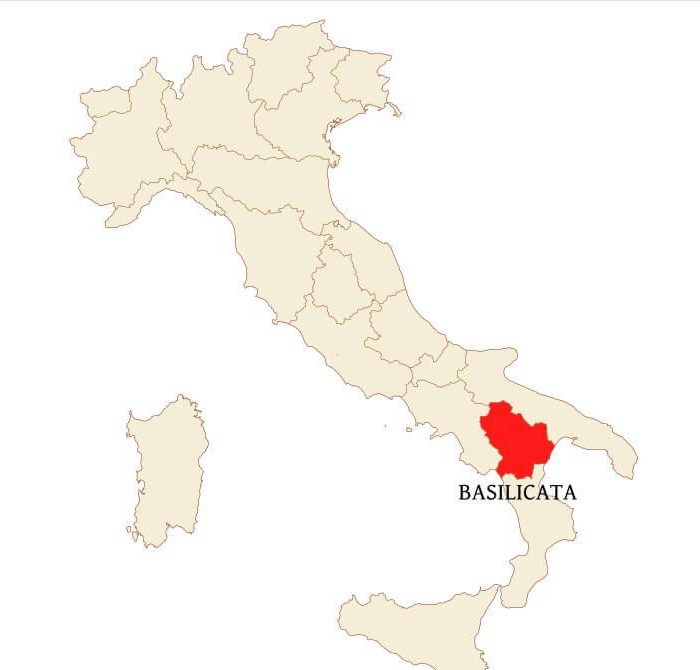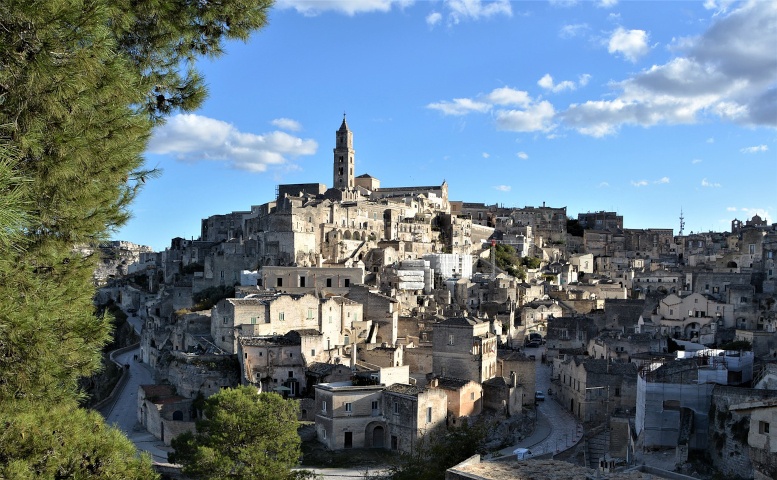An initiative in southern Italy aims to boost hemp growing to clean up polluted land while producing hemp stalks for processing into building materials and other fiber-based outputs.
The project, a cooperative effort among the province of Matera, the city of Coldiretti and the National Agency for New Technologies and Sustainable Energy (ENEA), is focused on a contaminated area classified as a “site of national interest” in Basilicata, a region of forests and mountains.
Better in every way
“These polluted land remediation techniques are far less expensive, more efficient and less impactful than conventional ones,” said Gianfranco Romano, Coldiretti’s provincial president, who suggested hemp cultivation could help to clean up polluted industrial lands associated with Valbasento, and energy company located in the province.
Project managers say establishing hemp growing in Matera can also boost employment and economic development by encouraging agricultural entrepreneurship.

“The great advantage of using plants for non-food use is to guarantee farms an income from cultivation on otherwise unusable areas,” said Salvatore Arpaia, the leading researcher and scientific manager of the ENEA-Coldiretti initiative.
Pro-active
Italian hemp stakeholders are pro-actively pursuing environmental cleanup, driven in part by research conducted last year by Vito Gallo, a professor of chemistry at the Polytechnic of Bari. Gallo’s studies showed that hemp grown to clean up polluted soil could safely be used for hempcrete construction and to produce energy.
While acceptable concentration levels of contaminants still need to be established, hemp dilutes metals in the biomass in such a way that the processed material has virtually no health risks, Gallo found through studies in BIO SP.HE.RE., a separate hemp-specific research initiative.
Arpaia said an initial study found high levels of mercury at various sampling points on the Valbasento site. Researchers will now trial different hemp varieties, looking specifically for those most effective in cleaning up contaminants whose absorption by plants is slower.
Major problem
Polluted land is a major problem in Italy. Other studies have found a number of heavy metals in samples of domestically grown hemp flowers. Research by Istituto Superiore di Sanità, a public health body, showed that 87% of 31 samples from different locations around the country contained high concentrations of fungicides, insecticides and heavy metals.
Italy has been a European leader in harnessing the hemp plant for environmental cleanup, with other significant initiatives already underway:
- Local officials in the city of Roccasecca, in the province of Frosinone of the Lazio region, west-central Italy, aim to make the province a national hemp processing center, reclaiming poor soil while attracting industry and investment to the region.
- An initiative in Umbria, a region adjacent to Lazio, is looking closely at the potential in fiber-based outputs in a plan that emphasizes hemp’s potential to clean up contaminated land, and phyto-purification of water.
With reporting from Canapa Industriale

